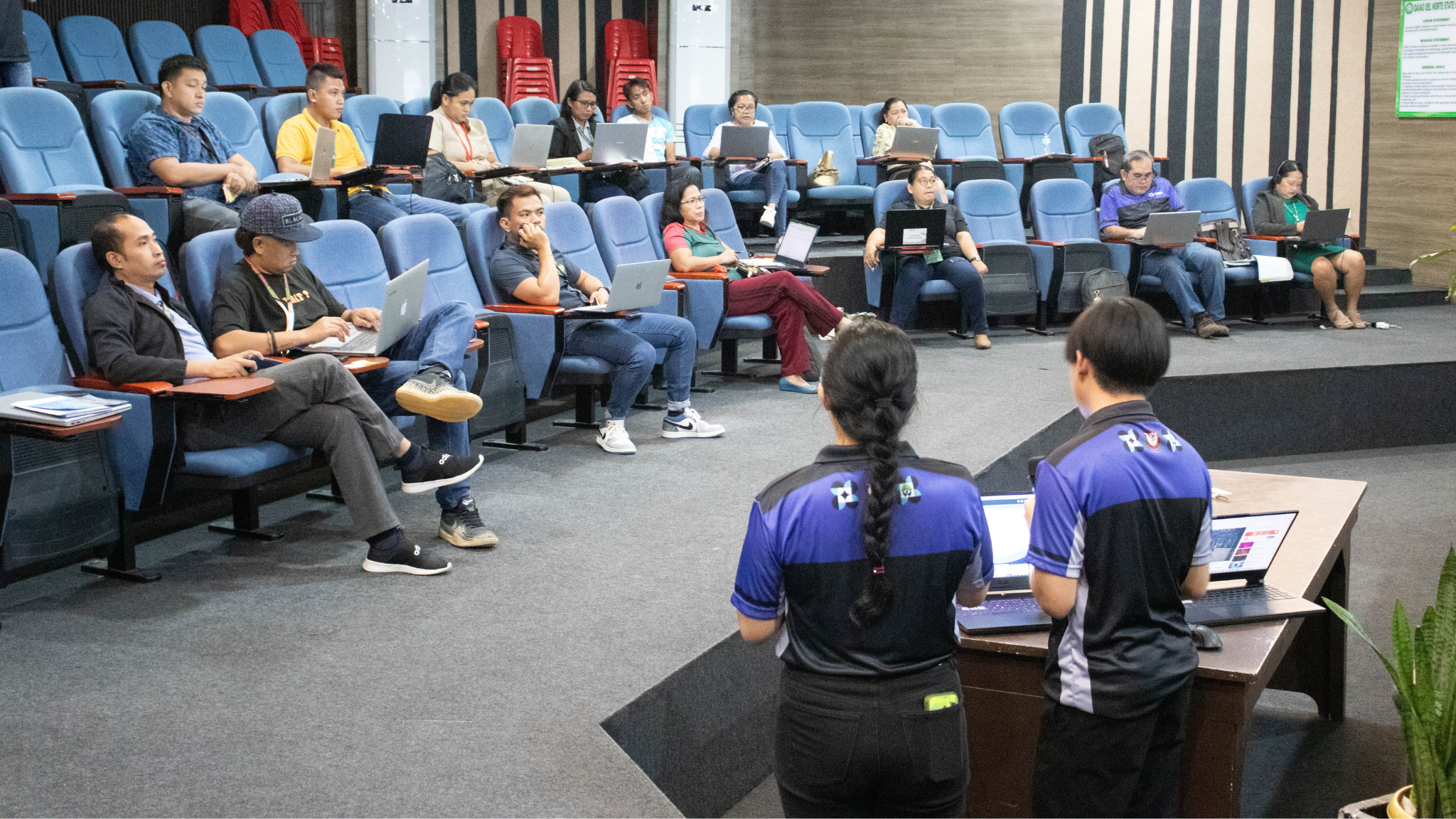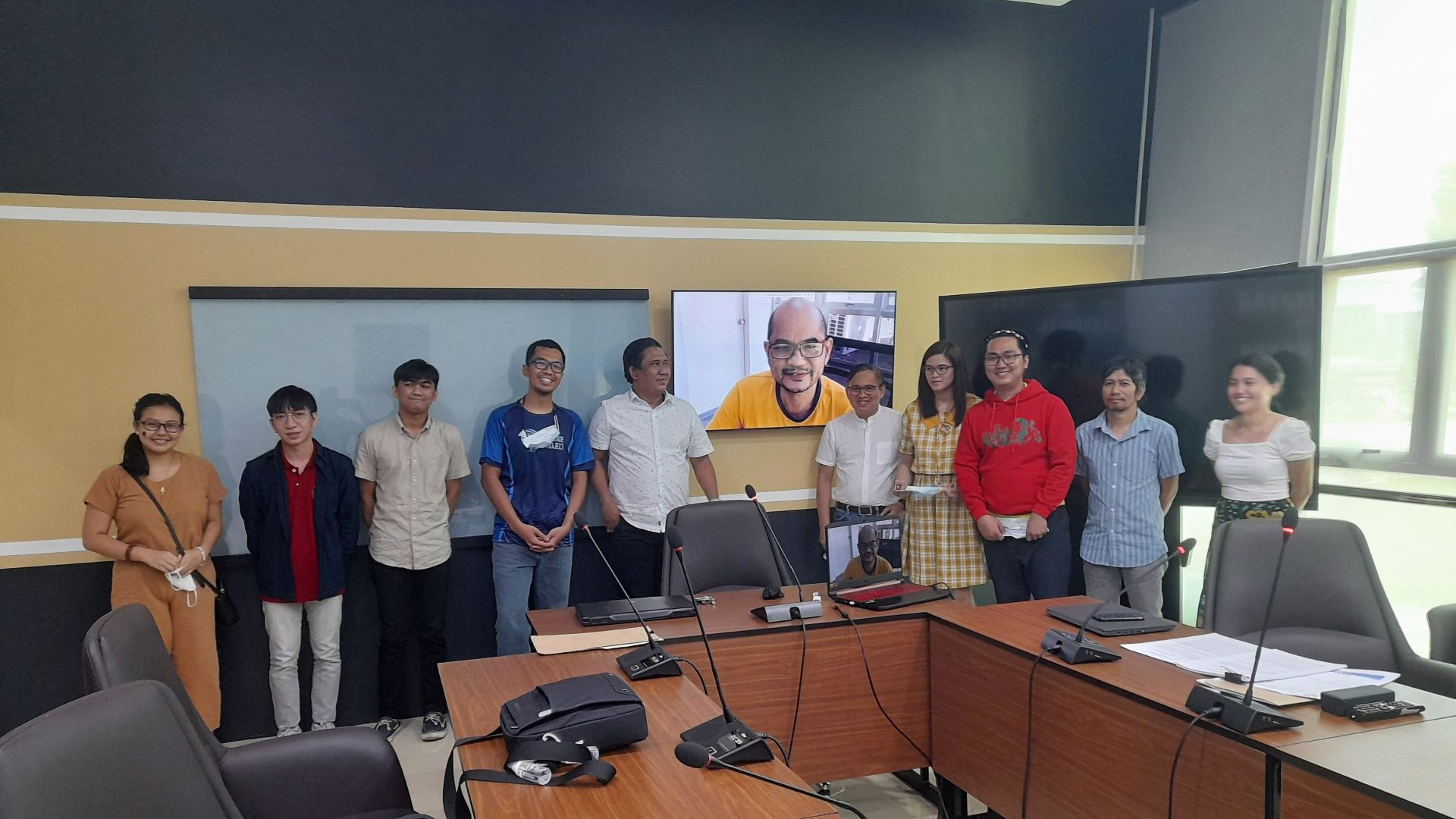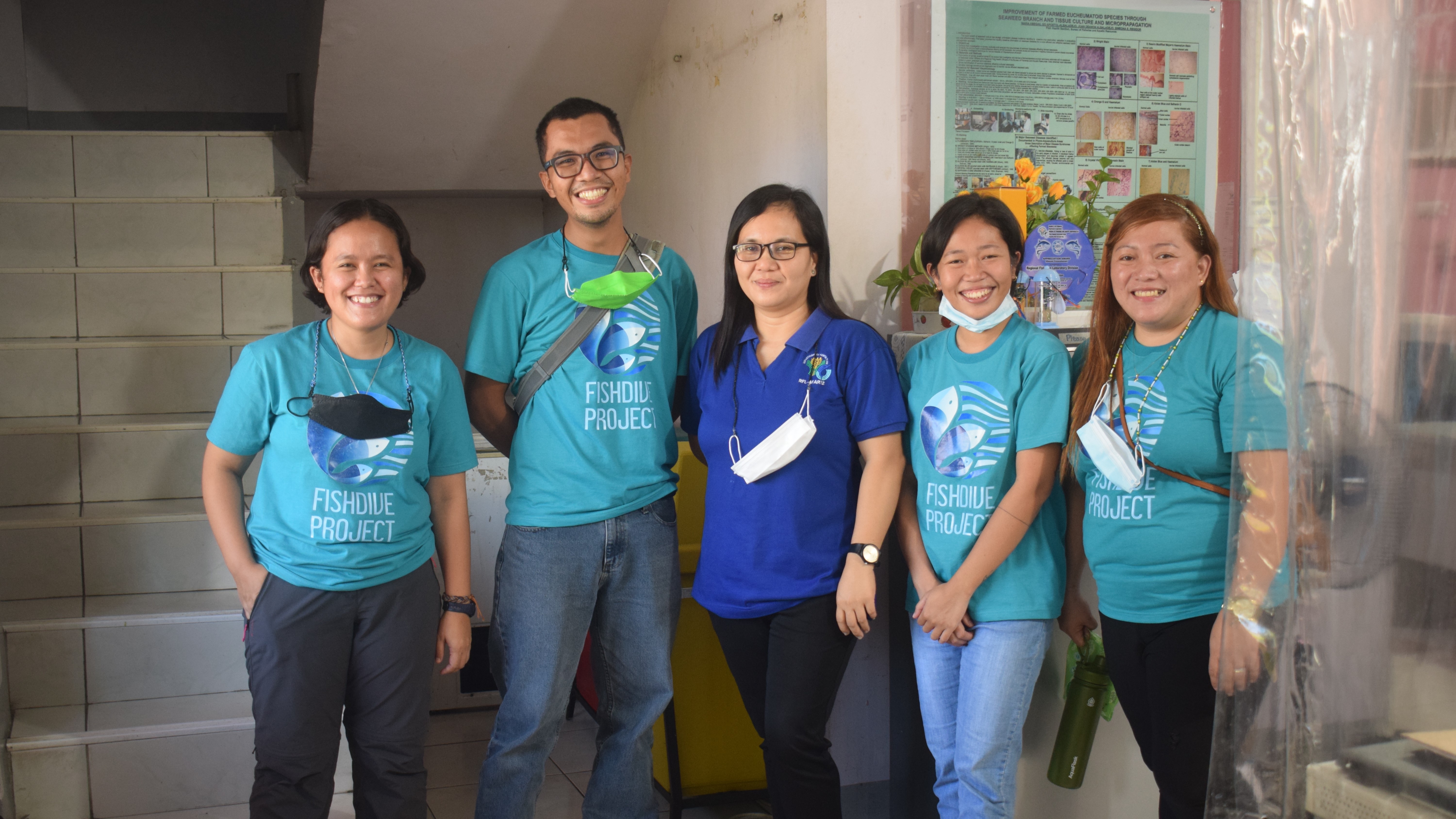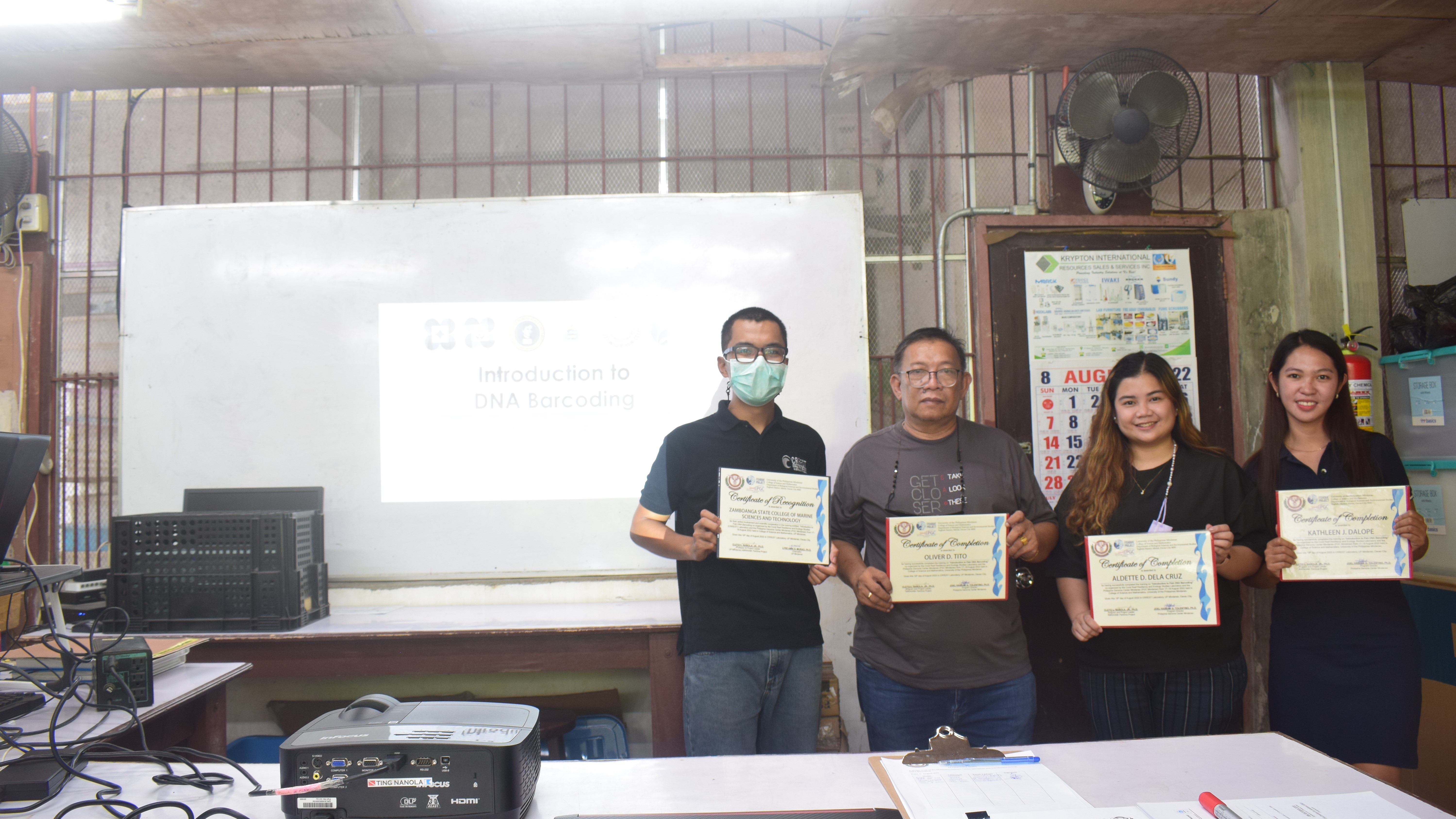
Photo taken by DNSC PIO
MABIDA Project Hosts Capacity-Building Workshop to Enhance Marine Biodiversity Data Access with DNSC
Written by Irene Faith Makinano
Uploaded on Sept. 6, 2023
The MABIDA Project, in partnership with Davao Del Norte State College (DNSC), conducted a capacity-building workshop titled “Deep Dive into the MABIDA Website” on September 6, 2023. Dr. Girley S. Gumanao, Vice President for Academic Affairs at DNSC, actively participated alongside faculty members, researchers, and representatives from the DNSC Biodiversity Museum. The event aimed to equip participants with essential skills for the effective utilization of the Marine Biodiversity Database (MABIDA) website and information system.
DNSC recognizes the unique importance of this initiative, as Mindanao has long been known for its rich marine biodiversity yet remains one of the least explored regions in the Philippines. The workshop represented a concerted effort to address this gap by enhancing the capacity of individuals and organizations in Mindanao to access and utilize marine biodiversity data and resources.
The workshop included comprehensive training on using the MABIDA website, interactive sessions with hands-on practice, and insights from experts in the field. These activities were designed to provide participants with a thorough understanding of the website's functionalities and how to effectively leverage the available marine biodiversity information.
Overall, the collaboration between the MABIDA Project, DNSC, and other supporting HEIs underscores a shared commitment to marine biodiversity preservation and exploration in Mindanao. It also points to exciting possibilities for future research, conservation efforts, and educational initiatives aimed at further protecting and studying the region’s unique marine ecosystems.



